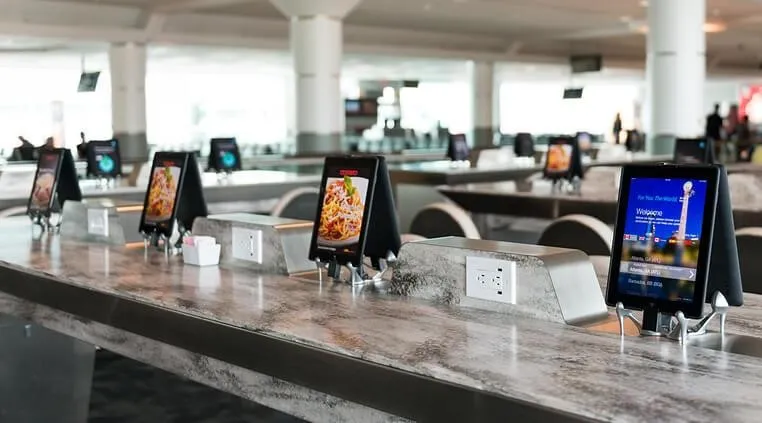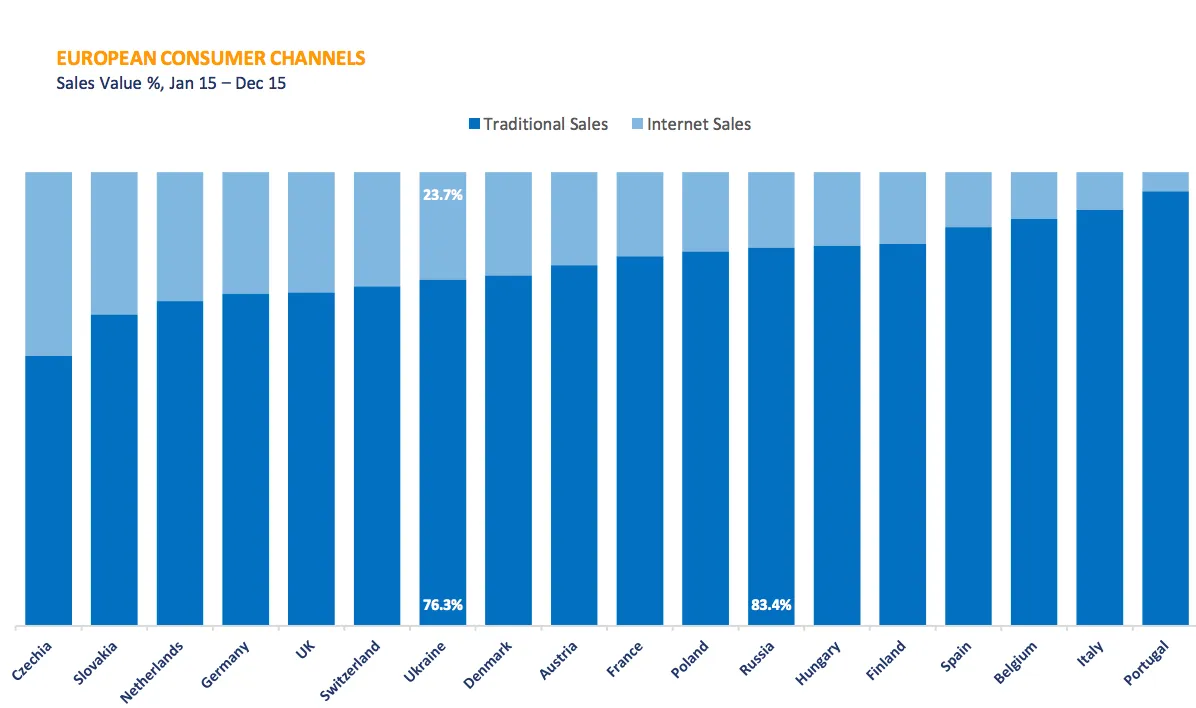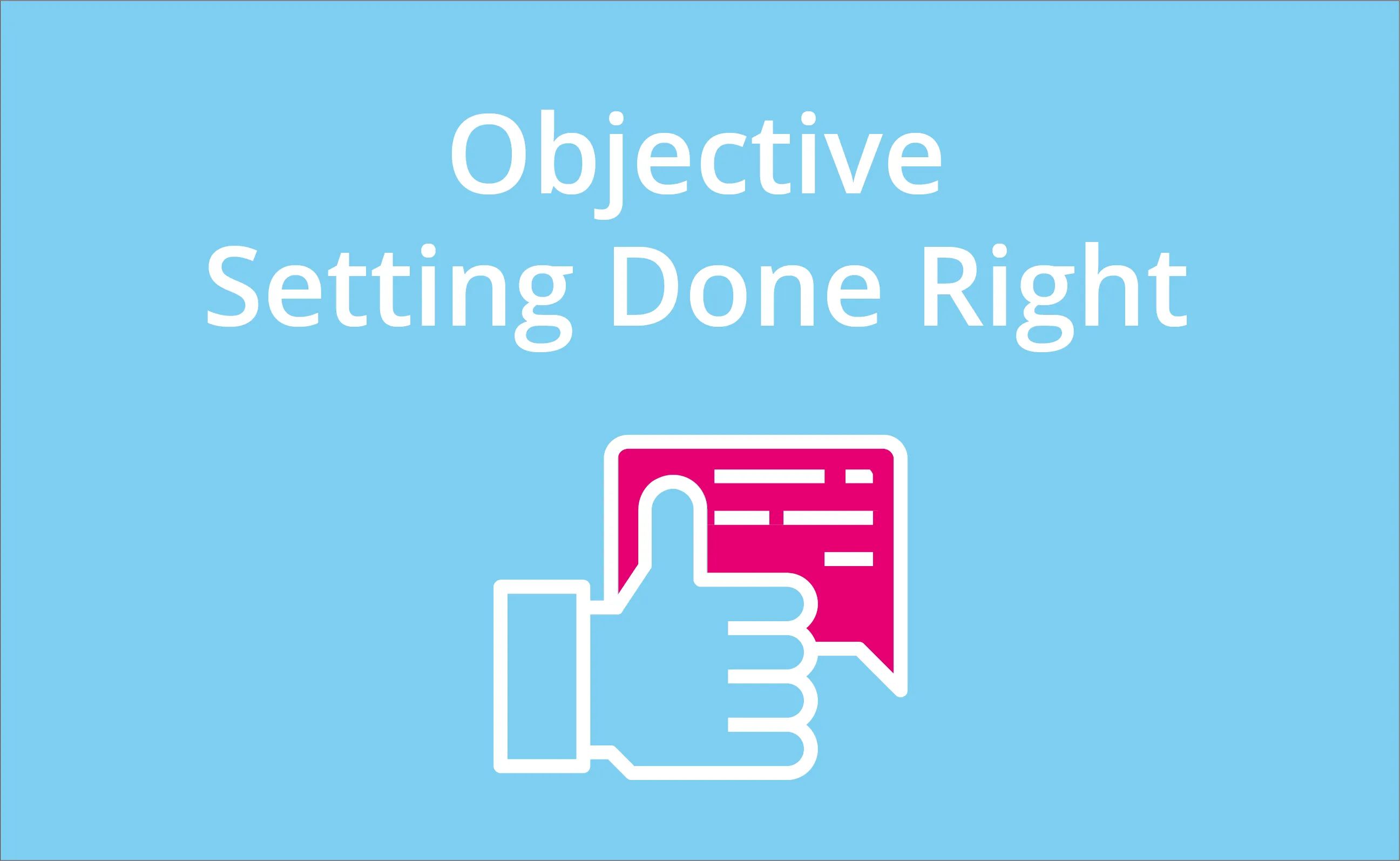
“The world is changing. Markets have crashed. Jobs have disappeared. Industries have been disrupted and are being remade before our eyes…It’s all crumbling down. In every part of society, the middlemen are being pushed out of the picture” — James Altucher
Today, economists and philosophers are debating the impact of Artificial Intelligence (AI), chatbots, and thousands of new apps and software—on our future. While these tools enable us people to perform tasks faster and more efficiently, they also enable us to make decisions in relative isolation and without human interaction. For example, there used to be a time when you relied on travel agencies to plan your trip. Now there’s Airbnb. There used to be a time when you had to attend an educational institution to learn from experts physically. Now there are online courses. What’s next? Will all the middlemen disappear? Is this the inevitable future? In this post, I want to provide an in-depth discussion on this topic. Let’s start by defining “disruption” first.
What is disruption?
According to the Harvard Business Review, one characteristic of disruption is its ability to appeal to non-consumers. For example, manufacturers of tabletop radios and minicomputers had previously ignored pocket radios and PCs because they only appealed to non-consumers or people at the bottom of their target market.
“Disruption” describes a process whereby a smaller company with fewer resources is able to successfully challenge established incumbent businesses."
However, after these companies gained a foothold in the market, they increased their value, enhanced their product’s capabilities, and attacked the entire industry! Online courses are also one of the most disruptive industries today. Here’s why: Higher education resisted the forces of disruption for a long time. Land-grant universities, two-year colleges, and a lot of other alternatives were created for consumers who felt that attending a traditional four-year course, was a bit too much. Many of these educational alternatives improved their quality over time by investing in research, dormitories, professors, and athletic facilities to be on par with elite institutions. This wasn’t a bad move, per se. These institutions gradually improved their quality and facilities. Yet they aren’t seen as rivals of prestigious universities. Yale, Harvard, Oxford, and so on are still considered the world’s top 20 universities. Because newcomers and incumbents had the same business strategy, top universities were able to maintain their positions in the market. The cost of two-year colleges and a lot of other alternatives also spiked, which made it a less attractive option. There was no real “disruption” until new educational models such as online courses from CreativeLive, Lynda, Coursera, and Udemy were introduced. They were easily available and very affordable, so they became popular alternatives to higher education. After all, if you don’t have the time and resources to attend a 4-year university, would you attend it for 2 years and spend thousands of dollars, or would you buy a course online? The answer is pretty obvious.
Fast forward to 2018, and. more than 6.3 million students in the U.S. – most of whom were undergraduates – took at least one online course in fall 2016. This is what we mean by disruption.
An industry that has fewer resources such as online learning companies, leveraged new technology to disrupt the mainstream market. Now, the question is: Will indirect channels get disrupted too?
Will Indirect Sales Channels Get Disrupted?
A lot of people think that the middlemen are disappearing. People sell standardized transactions and conduct bank transactions online. And, we’ve seen a lot of new successful direct sales models, in the past few years. For example, I sold my car two years ago. Whenever I need a ride, I use DriveNow, a car-sharing platform of BMW. Once I enter the car, I can ensure my next ride with one tap on my smartphone. There’s no need to consult a middleman to buy a product. As new technology is introduced, I expect more of these businesses to appear on the market.

Now let’s play devil’s advocate. Industrial products in B2B and products that have high costs or require high involvement (i.e. clothes, perfume, life insurance, B2B loans and financial products, etc...) DO need middlemen. Chances are, you don’t know a lot about these products. There are a variety of options and variables to consider, so you’ll need to consult an expert to find out which product will suit your needs. But what’s the difference between normal and complex products? And, why do you need middlemen at the latter? Imagine you're at McDonald's and you want to buy a burger. Do you need an explanation about the ingredients? Probably not. You know what to expect. There’s no need to talk to the middleman, if you’re buying a standard burger. This is why there’s no harm in ordering a McDo burger online.

Now imagine you’re at a Michelin-star restaurant. You open the menu and look at all the possible wines you can choose from. Chances are, you would’ve asked for some advice about the Sommelier or the other French words on the menu. Maybe you’ll even ask about the ingredients if you have allergies. Could you imagine entering the same restaurant without any interaction or support from these intermediaries? Maybe you could and the experience is all good. My point is a big portion of consumers still prefer to talk to a middleman and this isn’t about to change in the next 10 years. Don’t get me wrong.
Every business gets disrupted or solidly challenged one day.
Let’s take a look at financial services providers, which is an example we can all relate to. In recent years, there’s been a digital transformation. We buy products online. We’ve cut out the middlemen for most products, which seems to be a smart move. Financial services have also substantially decreased its network of intermediaries. The 2011 financial crisis and following regulatory rules obliged boardrooms to clean up their balance sheet and increase their capital position. And, a lot of these intermediaries didn’t seem to be profitable, even before the crises. But these situations are nothing more than challenges for incumbents. It's a trigger to move, innovate, and rethink current business models. Increased consumer expectations are one of the most important drivers for disruption. Restructuring and reorganizing are cyclical. It’s something that’s been happening for ages. Start-ups may even call it 'pivoting'.The bottom line is:
Online or not, every business will be challenged or will be threatened, if it’s not on the lookout for market opportunities and threats.
Disruption Takes More Time Than We Think…
Disruption is inevitable. Because of standardized transactional services or products, a big part of the middlemen will indeed disappear or merge into bigger 'distribution centers'. Think consumer travel agents, schools or universities, small insurance brokers, and many others....but it will take more time than we think
Last 2017, my course at Harvard Business School 2017 taught me that more than 80% of all sales worldwide are still 'relationship sales', where 1 person sells to another person.
People buy from people, especially when it comes to complex products. They need advice and they consult people they trust. This habit can last a lifetime. Meaning it's very difficult to disrupt 'indirect channels'.Another important observation is the online buying behavior of EU consumers.
Four-fifths of sales of technical consumer goods (i.e. electronics, appliances) are still from physical stores.

A survey also found that 54% of businesses use three or more channels to sell their products.

These numbers show that people still rely on middlemen to guide their purchase decisions.
What’s the Future of the Indirect Sales Industry?
Again, intermediaries will get disrupted but this will take time. There’s still an opportunity for incumbents to shift their gears and innovate. There’s still time to build organizations with an agile mindset and to adapt to changes in the industry. I highly recommend board members read this old-school but timeless management book Who Moved My Cheese to assess their options. However, physical interactions and intermediaries will remain critical for many businesses in most countries for more complex products. I'm personally looking forward to the next 5 years. I expect that VR technology will provide a custom human-like interaction, without the need for physical transportation. On the managerial side, I strongly believe that building strong business relationships with intermediaries will become even more critical.
Successful sales will depend on a business’s ability to establish high-trust relationships and strategic transparency. There will also be new roles and responsibilities introduced, as new technologies emerge.
In the end, increased collaboration and aligned strategies of both parties are necessary to achieve objectives and key results (OKR). Learn more from our BRM Academy video.



